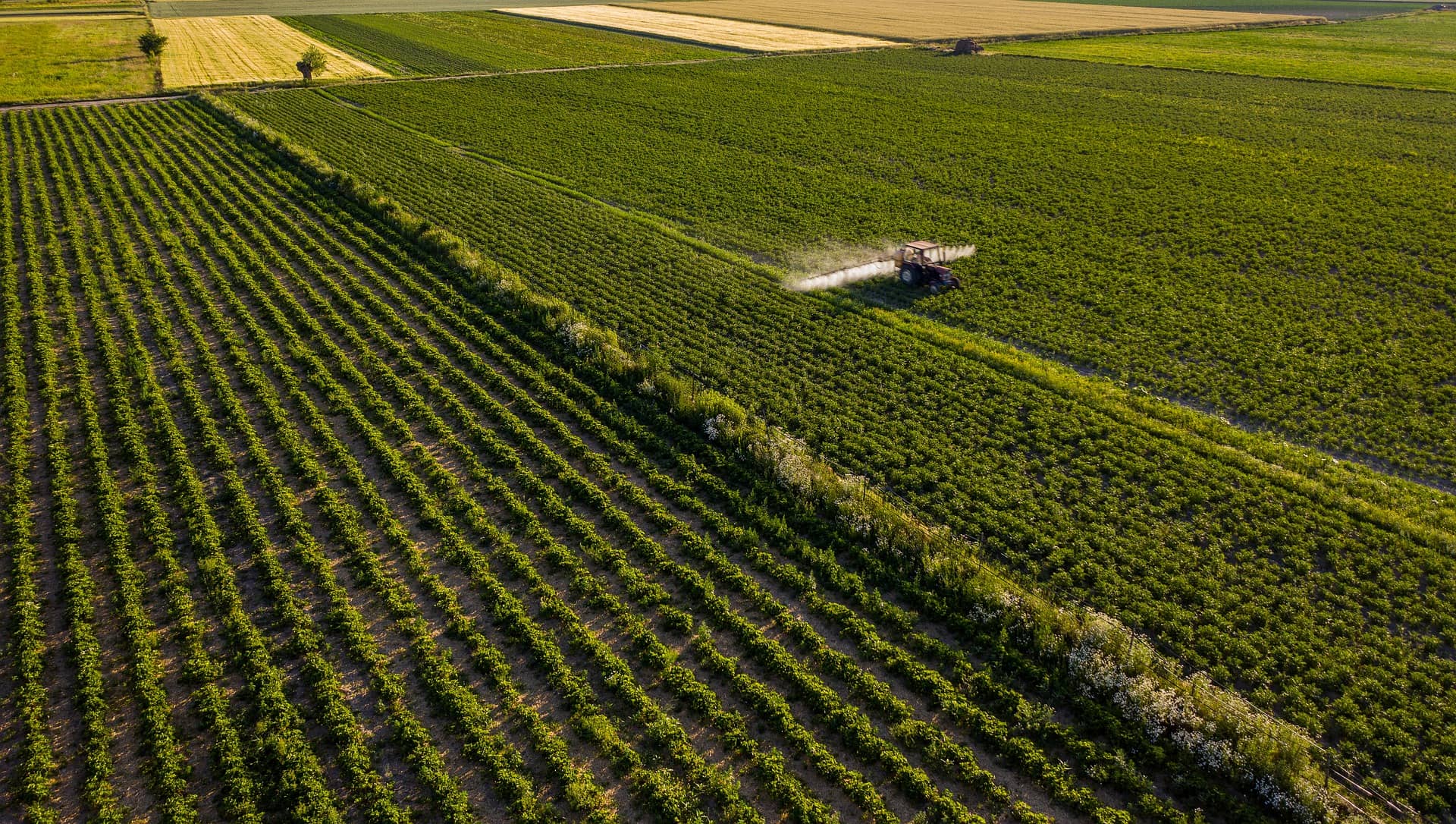
(NAFB) – Earlier this year, Ag Funder News (AFN) compiled a list of climate commitments from agrifood corporates in an effort to keep track of and hold businesses accountable to these promises.
Increasingly, these include regenerative agriculture commitments.
Regenerative agriculture isn’t new — indigenous populations have used it for millennia, and modern-day farmers in industrialized countries have been attaching the word “regenerative” to their farming practices since the mid-20th century.
What is new is major corporations putting resources towards implementing regenerative agriculture in their own supply chains en masse. From agrifood mega-company Cargill to the world’s major beer-makers, companies are currently working with their farming partners to leverage cover-cropping, rotational grazing, and other regenerative agriculture practices that aim to restore soil health, increase biodiversity, and have the potential to pull carbon out of the air and store it in the ground.
One complication is that regenerative agriculture has no one set definition. A good general one to go by is from the journal reNature, which stated last year that “regenerative agriculture aims at regenerating, renewing and further improving the soil functions and capabilities for ecosystem services in an always-improving process.” In other words, it’s not enough to just sustain our existing soil; we need to improve soil health by promoting the bacteria, fungi, and other soil microbes living in it so that they can better nourish plants growing out of it. This can improve crop yields and quality as well as regenerate degraded lands providing more farmable land to feed a growing population. It could also help reverse climate change as a carbon sink; healthier, less disturbed soils can store more carbon.
With industrial ag mostly an extractive industry and in some cases the antithesis of the above through the over application of chemical pesticides and synthetic fertilizers that drain the soil of its nutrients, major agribusiness corporates have announced that they are now working with their farmers to transition them to regenerative practices such as cover cropping, no-till, and eliminating the use of artificial fertilizers and pesticides.
In an effort to ensure these announcements are not greenwashing, AFN has put together a list of corporate regenerative agriculture commitments.
The list varies considerably in terms of timeframes and specific actions from agrifood players. Some companies, like General Mills, have a specific amount of acreage to which they will apply regenerative agriculture practices by a specific date. Others use more vague language, packing regen ag into their larger emissions reductions goals. Most of these commitments are recent; all of them offer some optimism flavored with a strong dose of reality around how complex this transition is for farmers and corporates alike.
